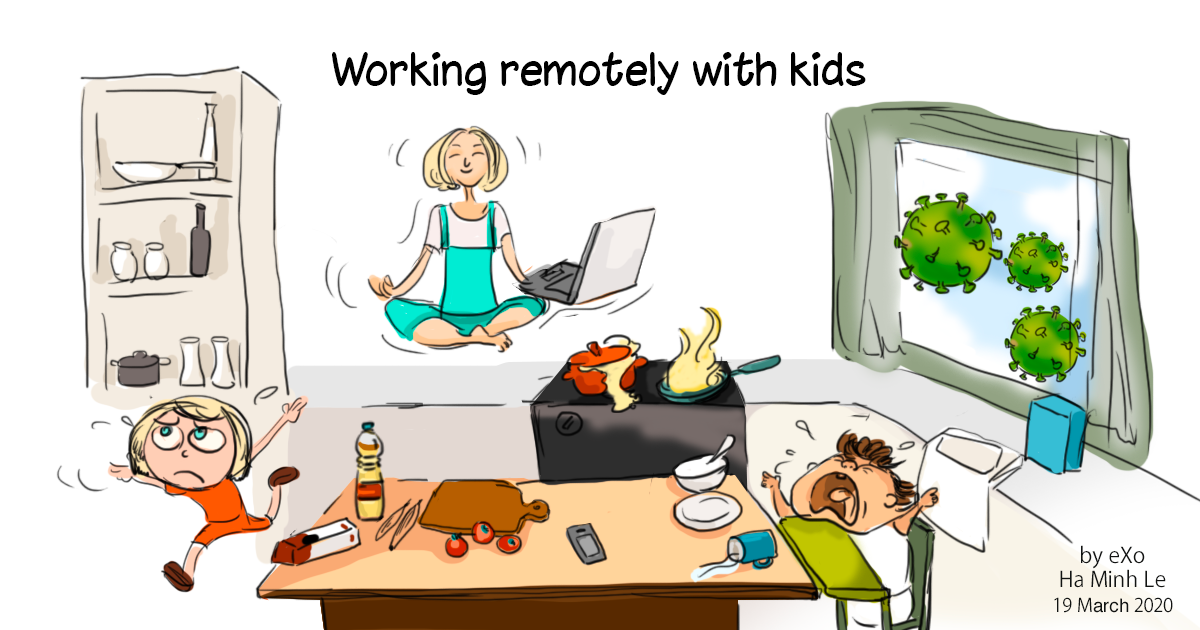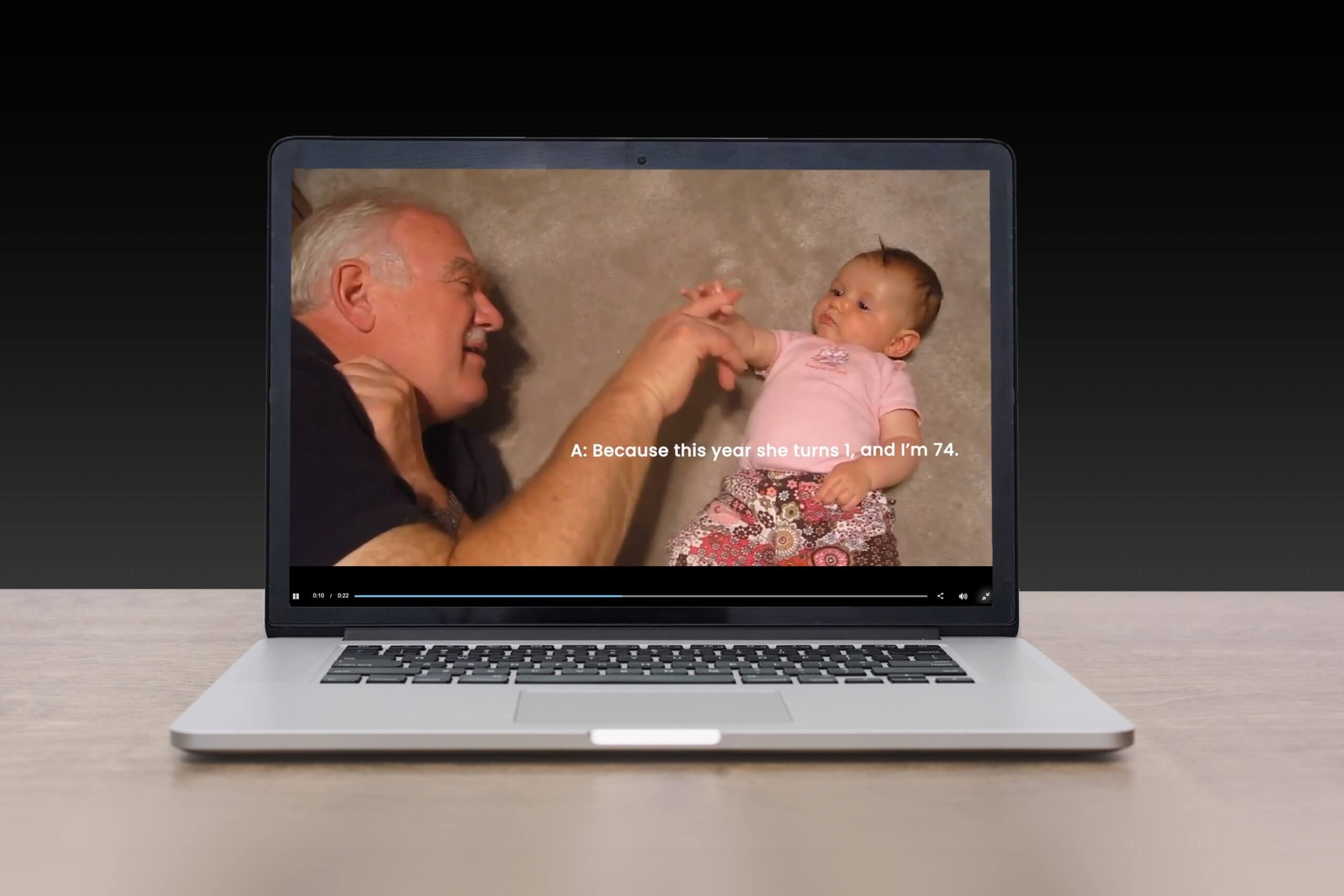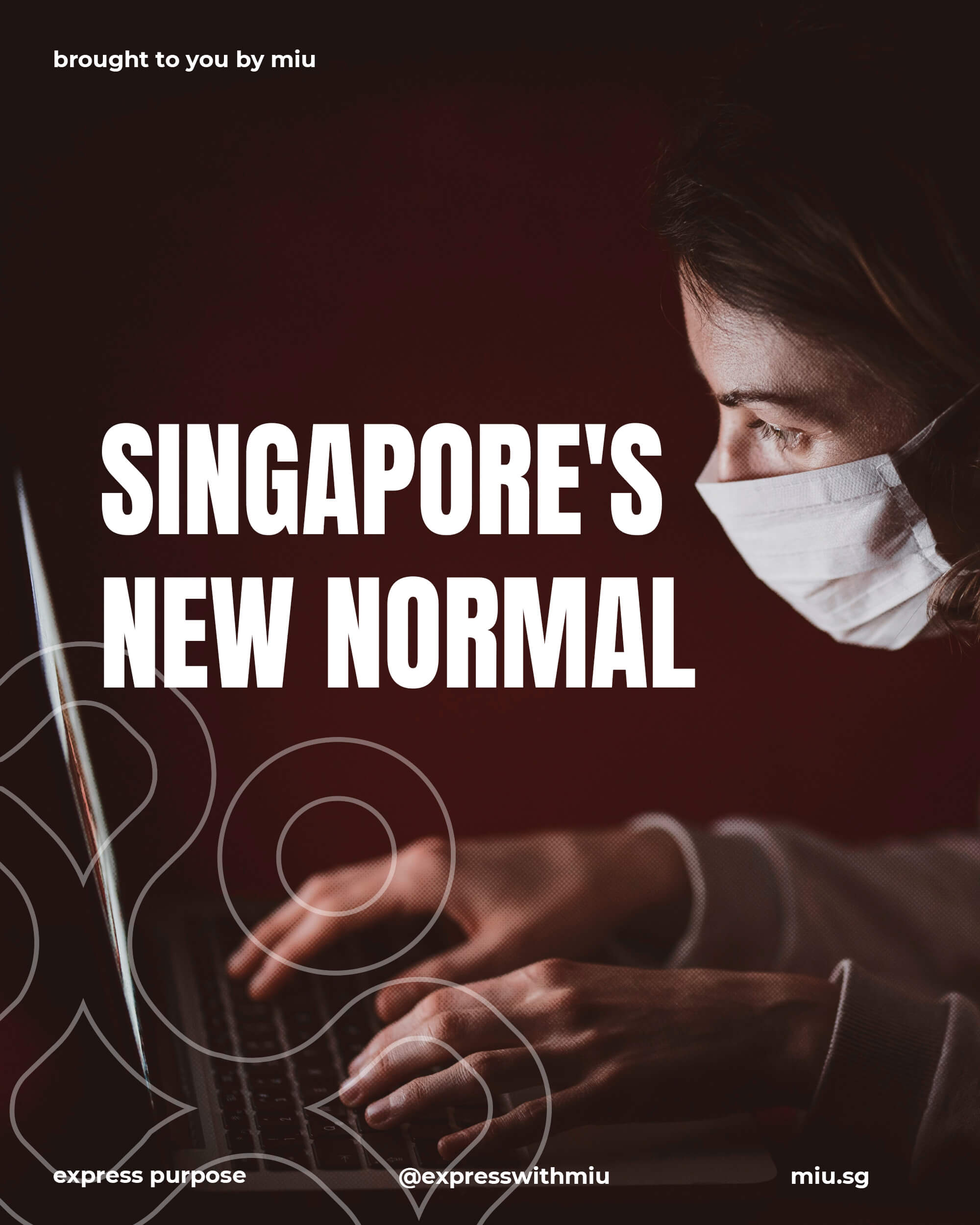Covid-19 and the ‘New Normal’
In the face of the Covid-19 era, many businesses and individuals have had to adapt to the new normal. From social distancing rules to travel restrictions, these measures to combat Covid-19 have affected the modus operandi of many businesses. The introduction of circuit breaker has seen many defaulting to having their employees work from home as a consequence. On the other hand, consumers have begun shopping online more voraciously.
With phase 3 of Singapore’s circuit breaker on the horizon, here are some things that one can expect.
Phase 3: The New Normal

Social, cultural, religious and business gatherings or events will be allowed to resume during this phase. However, gathering sizes would still have to be limited so as to prevent large clusters from arising. Individuals would also have to be aware to avoid close contact with each other.
ESG’s Enterprise Infoline, as it has done in the previous two phases, will continue to assist businesses in the last part of the three-phased approach to resume activities in a safe manner during this post-pandemic period.
“With advisories and guidelines that were applicable to different sectors as the COVID-19 situation evolved, the Enterprise Infoline provided business owners with help to navigate the compliance requirements; procedures that can be complex particularly for small and micro SMEs. ”
Ms Chew Mok Lee, Assistant Chief Executive
One phrase which has gained momentum in the past few weeks is the ‘new normal’. Despite the fact that things are looking up, it is important to note that the impact of Covid-19 will still be felt far beyond 2020. Remote work will most likely be retained in the ‘new normal’, so don’t expect the current situation to change too drastically. Until a vaccine is uncovered, it will be a fixed aspect of our lives.
What this means for businesses and their employees

Singapore’s phased approach to open the economy could mean that the ‘new normal’ may involve a cautious approach of alternating between remote work and the office. However, working life as we know it might never return to the normal we all remember.
This is not an indicator that productivity, creativity and profitability levels pre-Covid will not return for businesses. In fact, the changes that arose due to this pandemic may as well have presented more business opportunities in Singapore. Human beings, after all, tend to resist change and the ‘new normal’ allows businesses across the world to reimagine the impossible and shift to new ways of working and collaboration.
Leaders are redesigning their business operations to navigate this significant change and evolve the business for it to continue thriving. This has seen the acceleration of some non-traditional workforces. For instance, flexible working arrangements are expected to be the ‘new normal’ in some industries. Take Twitter as an example — CEO Jack Dorsey announced that employees can keep working from home ‘forever’ if they wish.
As everyone transitions through this period, the best way to ensure businesses’ survival in a post-Covid era would be to adopt a blended approach. Take the most efficient working methods from pre-Covid and combine it with the best methods mid-Covid, and we will see a strategy fit for commercial success.
When we look back at 2020 from hindsight, there’ll certainly be questions raised around company conduct. Organizations will be judged not only on how they managed the financial crisis, but how they supported their employees as well.
“People will remember how leadership and businesses dealt with the Covid-19 pandemic. They understand that it’s a difficult time for businesses and in most cases acknowledge that changes may be required due to changing business pressures. If these conversations are managed and handled in a human and authentic way, reputation and employer brand will be maintained and amplified.”
Robert Stone, Chief Talent Officer at McCANN
What this means for businesses and their consumers

As the Singapore government eases the country back into normalcy, many Singaporeans are remaining cautious and playing it safe. They intend to adopt a wait-and-see approach when it comes to resuming activities. Only 1 in 4 Singaporeans, for example, say they would be comfortable to visit restaurants if the option is made available. 30% say they will not join a cultural event or gathering in 2020; 28% say they will not visit a gym or take a sports membership; and 53% do not intend to travel this year even if it is allowed.
“Many marketers had hoped that once the Circuit Breaker restrictions are eased, life would get back to the way it was. Singaporeans, at present, do not feel that way as seen from their reduced spend intention at dining out or disinclination towards going on holidays or attending large events or gatherings.”
Prasad Shinde, Senior Client Officer at Ipsos in Singapore
Due to the circuit breaker, online shopping has seen a tremendous boom in activity. With digital shopping becoming increasingly pervasive in our everyday lives, it would be a smart move for businesses to grab this opportunity to go digital in order to expand their customer base. It is where most consumers’ attention have turned in the face of the lockdown.
In a survey conducted, 88% of Singaporeans said that they have bought something online during this period, of whom, 2 in 3 say that they had shopped for a new product category for the first time. While the bulk of online purchases are on groceries and food products, other categories saw some first-time online shoppers as well.
“There are clear shifts in the adoption of e-commerce for the purchase of items that were typically purchased in brick and mortar stores — groceries and fresh produce for example –- as well as an introduction to different omni-channel purchase options. It has become quite common for example for a purchase to be made via WhatsApp and for collection to be made at a curbside pick-up. The awareness and familiarity with such possibilities, as well as the perceived greater convenience to shoppers, may mean that demand for these options remains long after life goes back to normal, so it will be interesting to see whether any retail sectors look to make some of these permanent.”
Nick Hunter, Director of Market Strategy and Understanding at Ipsos in Singapore
This could very well signal to businesses the type of change they need to undergo in order to adapt to this ‘new normal’. Covid-19 has proven across all industries that it is possible to maintain high quality outputs and relationships even with remote work at the core of their strategy.
For digital advertising and branding, contact us.









 Branding
Branding Digital Strategy
Digital Strategy PR & Communications
PR & Communications